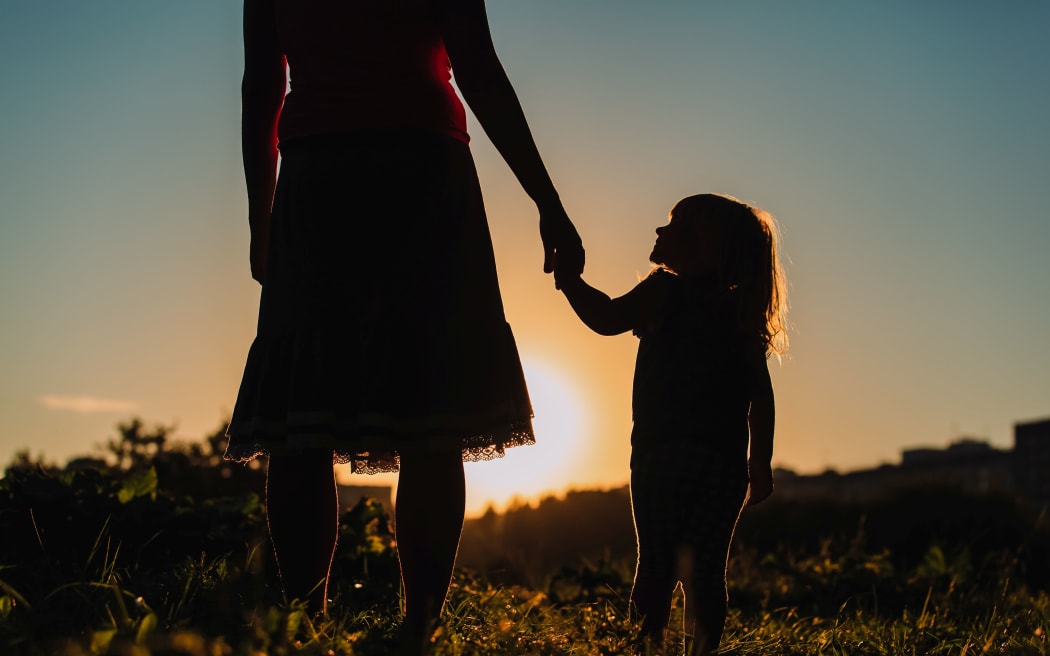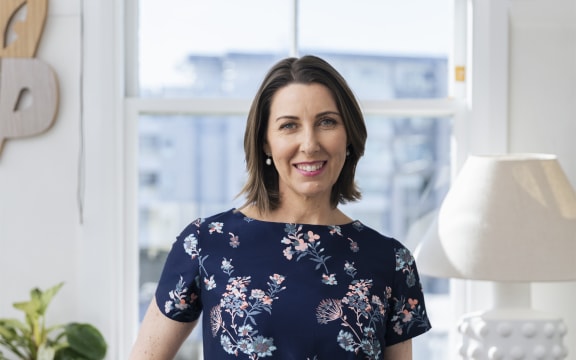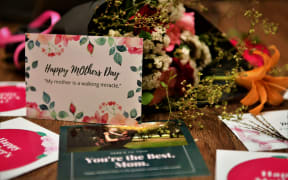By Niki Bezzant*

File photo. Photo: 123rf.com
Opinion - The other day I was browsing the business section of one of our main media outlets when I came across a headline that pulled me up short. It read (in part) 'How a mum of triplets made it on to the walls of big brands'.
The story was about entrepreneur and clever creative Emma Hayes and her business, Emma Hayes Textiles, which has had great success and gained prominent overseas clients.
The story was not about Emma Hayes and her role in her family.
Goodness, I thought. Have I gone back in time 30 years? Why is this highly successful business owner defined by her status as a mother in a totally unrelated context? Why is this still happening in 2024? And: what damage is this doing?
Then I had another thought: well, who am I - not a mother - to feel this way? What right do I have to be offended?
So I asked around.
First, I asked the subject of the story. Emma Hayes graciously told me her thoughts and feelings about it, but also asked that I not share them here. Fair enough.
Other mothers of my acquaintance had a range of views on this. All of them agreed that being a mother was hugely important - if not the most important thing they'd ever done. Some said they'd be happy to be defined as 'mother' first, above all else. Others said yes, mothering was important to them but it was just one of the many things they had done. All of them said they did not see why a woman's identity as a mother mattered in the context of her work achievements. One summed it up like this:
"I'm incredibly proud of being a mum and my kids are 100 percent my best achievement ever. But when I am in my work arena, the fact that I'm a mum shouldn't be relevant. And I don't want it to be. Can you imagine if they used the word 'dad' every time a guy who had kids achieved something?"
Turns out, that just isn't a thing.
Though we do see headlines about men where they're described as fathers, it's far, far less often than the other way around - no matter the context. My unscientific Google search revealed over three and a half million results for 'mother of three'; and just 200,000 for the same search with 'father' substituted. Obviously I didn't canvas all of the 200,000 mentions. But I did notice no business stories among those first few search results.
It's not just mothers who are treated like this. We define women by their relationships all the time, and it's infuriating.

Niki Bezzant at home in Auckland. Photo: Reuben Looi
This conversation reminded me of a small example of something that happened to me a couple of years ago. A magazine ran a story about my apartment - one of those 'at home with' stories about interiors, which is one of my passions. We talked about my style and some of the objects in my home, and my renovation efforts. In passing, I mentioned to the reporter who interviewed me that I'd come to this building after the end of my marriage. When the story was published online, the headline was, to my dismay: 'This apartment block went from a refuge after a breakup to a home she'll never tire of'. Again: can we imagine this line being written about a man?
Defining women by their relationships to someone else - usually a man - is nothing new. It's a practice that's ingrained in our culture and society. The legal practice of coverture - women having no legal identity of their own - has been around in English law since the 1100s, and therefore ours, at least in Pākeha culture, from the time of colonisation. (In te ao Māori, it was never this way; women were valued and had mana in their own right, something their European colonisers really struggled to get their heads around).
Historian Catherine Allgor describes coverture like this for the US National Women's History Museum:
At birth, a female baby was covered by her father's identity, and then, when she married, by her husband's. The husband and wife became one - and that one was the husband. As a symbol of this subsuming of identity, women took the last names of their husbands. They were "feme coverts," covered women. Because they did not legally exist, married women could not make contracts or be sued, so they could not own or work in businesses. Married women owned nothing, not even the clothes on their backs.
Women also had no rights to their children, or indeed to their own bodily autonomy. Sexual consent was implied with marriage.
Things are not this bad today. But vestiges of coverture remain. There are plenty of hangovers in law and finance. It's even in the way we address each other: in English, men - whether single, married, divorced or otherwise - get to be Mr. That's it. Women have to choose, and the choices of honorifics available to us all relate to our relationships (or lack of).
Clinging to this whole concept is an even more pervasive idea that most of us have simply absorbed: women being defined - and valued - by their reproductive status.
A young, reproductively able woman is seen as the feminine ideal. A mother is inherently fertile - and therefore useful (though not always important). Women who don't have children are still seen as outliers, and just a wee bit less-than.
Get older as a woman - as reproductive function wanes - and we get into 'menopausal' territory. Until very recently, this was seen as an icky, insulting description. It implied being past it, irrelevant, old.
As men get older, their reproductive function wanes, too. Erectile dysfunction is extremely common - affecting over half of men over 45 to some degree. We don't define men by this though. By rights we should say men - as pointed out by gynaecologist Dr Jen Gunter - are in 'erectopause'.
But as men age they become distinguished; elder statesmen; silver foxes.
Women are just bags, hags, Karens or my personal unfavourite: 'of a certain age'. None of those words implies wisdom, experience or mana.
It's important we celebrate all the mothers. Not just on Mother's Day, but on all the days. Being a mother is a super-important role. Women are te whare tangata - the house of humanity - and that is beautiful and powerful. But that is far from all women are.
*Niki Bezzant is a writer, speaker, journalist and author focusing on health, wellbeing and science.



